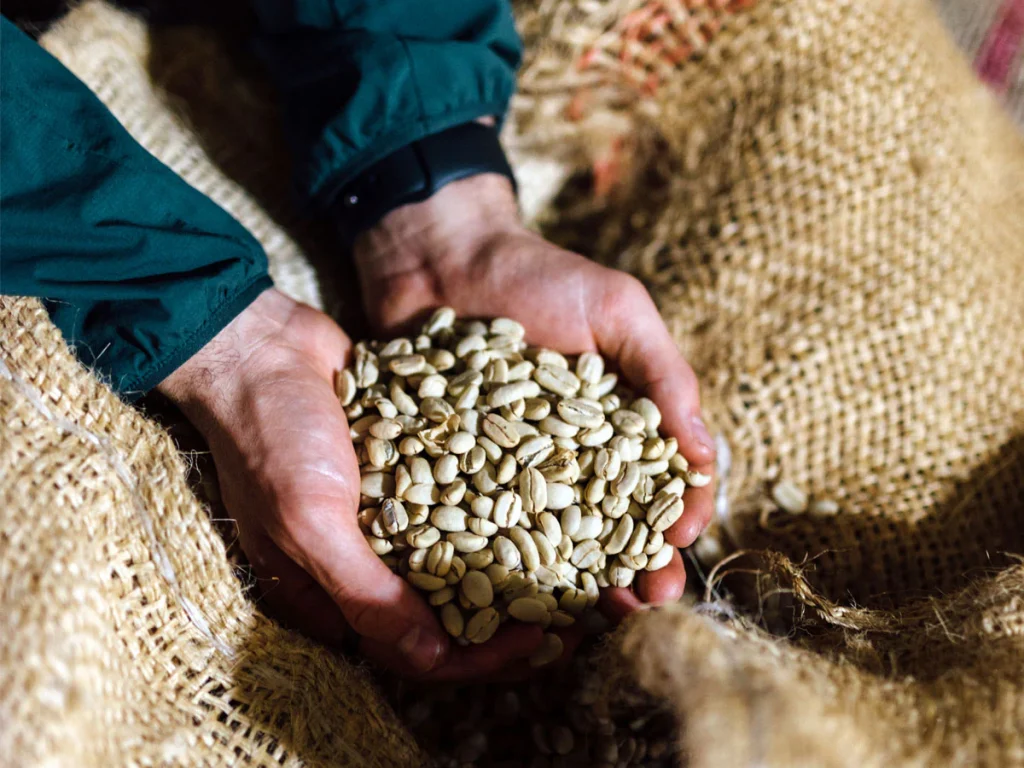The coffee industry has evolved considerably over recent decades, with increasing attention to ethical sourcing and sustainable practices. Fairtrade certification is one of the most recognized standards addressing coffee production’s economic and social dimensions. Identifying and selecting quality Fairtrade certified coffee beans become essential for consumers seeking to align their purchasing decisions with their values.
Quality considerations beyond certification
While fairtrade certification focuses primarily on economic and social standards, quality varies widely among certified products. When searching for the best Fairtrade certified coffee beans, look beyond the logo to assess factors influencing cup quality. Origin information, altitude details, variety specifications, and processing methods provide clues about potential flavour characteristics.
Many exceptional Fairtrade coffees come from cooperatives that have invested their premium funds in quality improvement initiatives, resulting in beans that compete favourably against non-certified speciality options. The misconception that ethical certification comes at the expense of quality has been thoroughly disproven by award-winning fairtrade producers worldwide.
Roast profiles and their influence
The roasting process significantly impacts how Fairtrade certified coffee beans express their inherent qualities. Light roasts preserve origin characteristics and acidity, allowing you to taste the unique aspects of the cooperative’s terroir and processing decisions. These brighter profiles often reveal the true quality potential of fairtrade beans.
Medium roasts develop more caramelized sugar notes while maintaining some origin character, creating balanced profiles that appeal to broader palates. When selecting fairtrade coffee online, retailers that communicate their roasting philosophy and provide specific roast information for each offering typically demonstrate greater transparency and quality focus.
Cooperative stories and transparency
The best online retailers of Fairtrade certified coffee beans share detailed information about the cooperatives behind their products. These stories help consumers understand the impact of their purchases while also providing context for the coffee’s flavour profile. Cooperatives facing different challenges and operating in various environments produce distinctly different coffees, even within the same country. Look for retailers who provide specific cooperative names, locations, and background information rather than generic country designations.
Brewing method compatibility
Different Fairtrade coffees excel with specific brewing approaches based on their inherent characteristics. Medium-bodied, chocolate-forward fairtrade certified coffee beans from Latin American cooperatives often perform beautifully in automatic drip machines and immersion methods like French press, providing approachable daily drinking options.
Brighter, more complex African fairtrade options typically shine in pour-over brewing that highlights their delicate aromatics and fruity notes. Espresso preparation generally works best with medium-dark roasted fairtrade beans that have developed sufficient caramelization to balance extraction under pressure.
Price considerations and value assessment
Fairtrade certified coffee beans typically cost more than conventional alternatives because they internalize costs that conventional models externalize. The price difference reflects guaranteed minimums for farmers, premiums for community development, and often more careful processing and quality control.
When assessing value, consider that even premium-priced fairtrade coffee typically costs significantly less per cup than coffee shop purchases. A 12-ounce bag yielding approximately 24 cups of coffee provides considerable value even at specialty prices while ensuring producers receive fair compensation.
Many cooperatives have used fairtrade premiums to fund quality improvement initiatives, healthcare access, educational opportunities, and environmental projects. By selecting the best Fairtrade certified coffee beans available online, consumers enjoy exceptional coffee and participate in a movement toward greater justice and sustainability throughout the coffee supply chain.
You may also like
-
Scalp Micropigmentation: Transforming Lives One Hairline at a Time
-
A Beginner’s Guide to Acupuncture: Tools, Techniques and Safety Tips
-
The Emotional Impact of a Mommy Makeover: Rediscovering Confidence Inside and Out
-
How to Read a Peptide Certificate of Analysis (CoA) for Research
-
Refresh Your Face with Juvederm

